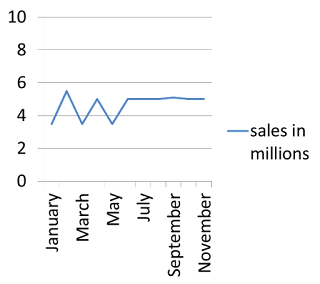Apologies
for neglecting this blog lately! I've been incredibly busy with work
and just haven't found the time. However, I'm going to add a lot more material over the summer and for the next few posts I'm going to be focusing on Part 2 writing.
Here is a brief outline that I hope you find useful. If you study linking words ("however", "furthermore", "consequently" etc.) and learn to use them correctly then all you need to do is follow these 4 simple steps and you cannot go wrong (!) Planning is absolutely key. It gives you (and the reader) a clear structure to follow.
This is a simple formula you can use and it will help you to avoid a) writing too much about one idea and neglecting others b) writing too many or too few words c) repeating yourself, and all the other typical mistakes IELTS students make when doing Writing Part 2.
In the next few posts I'm going to give go through Step 1, Step 2 and Step 3 and show you some more detailed examples of how to write a great IELTS essay.
See you soon (I promise!)









